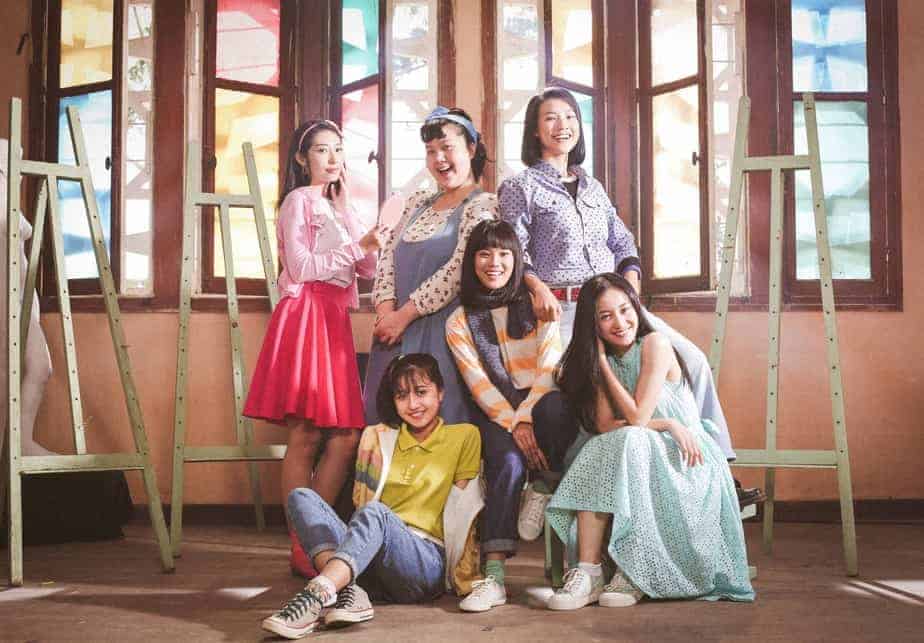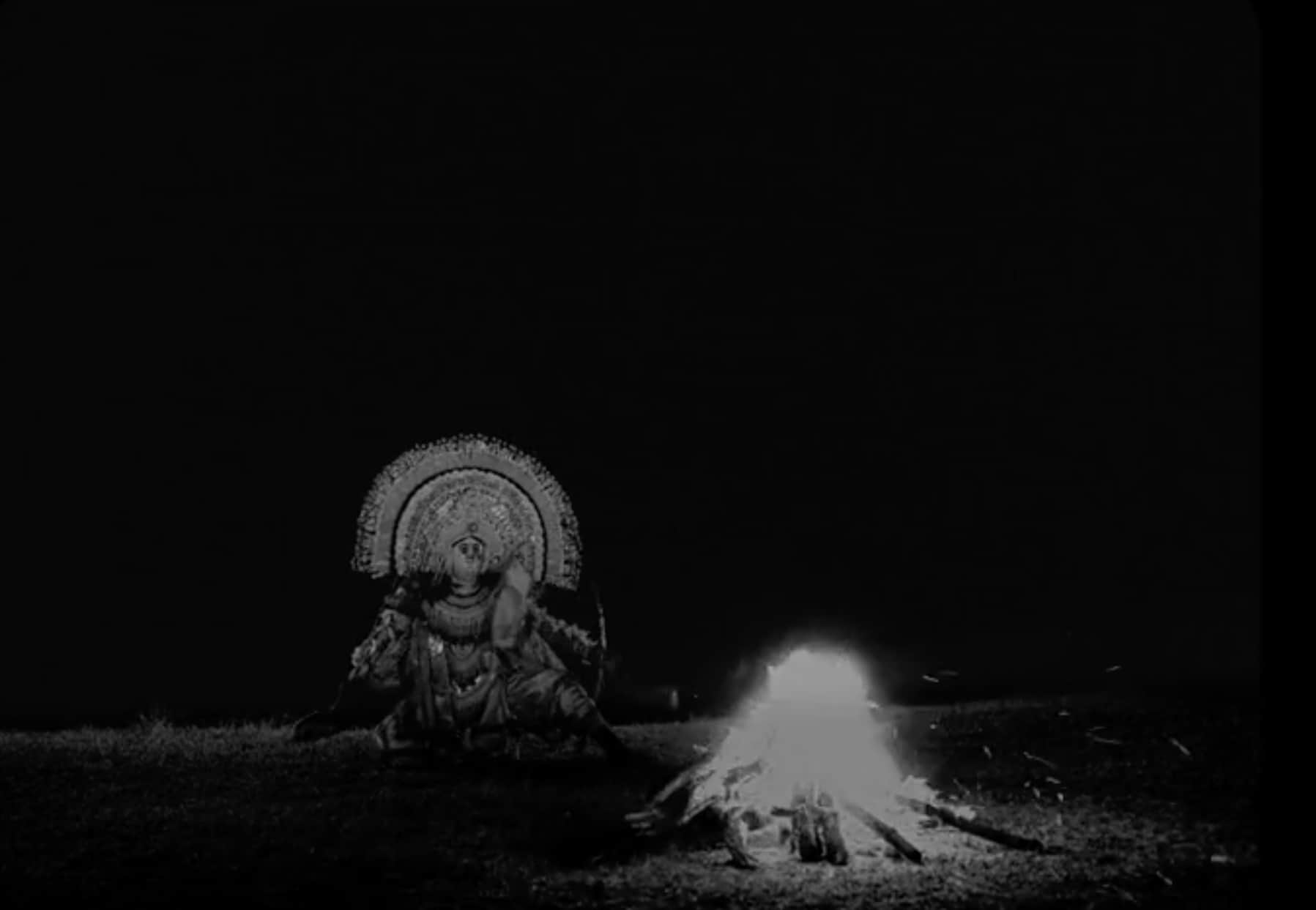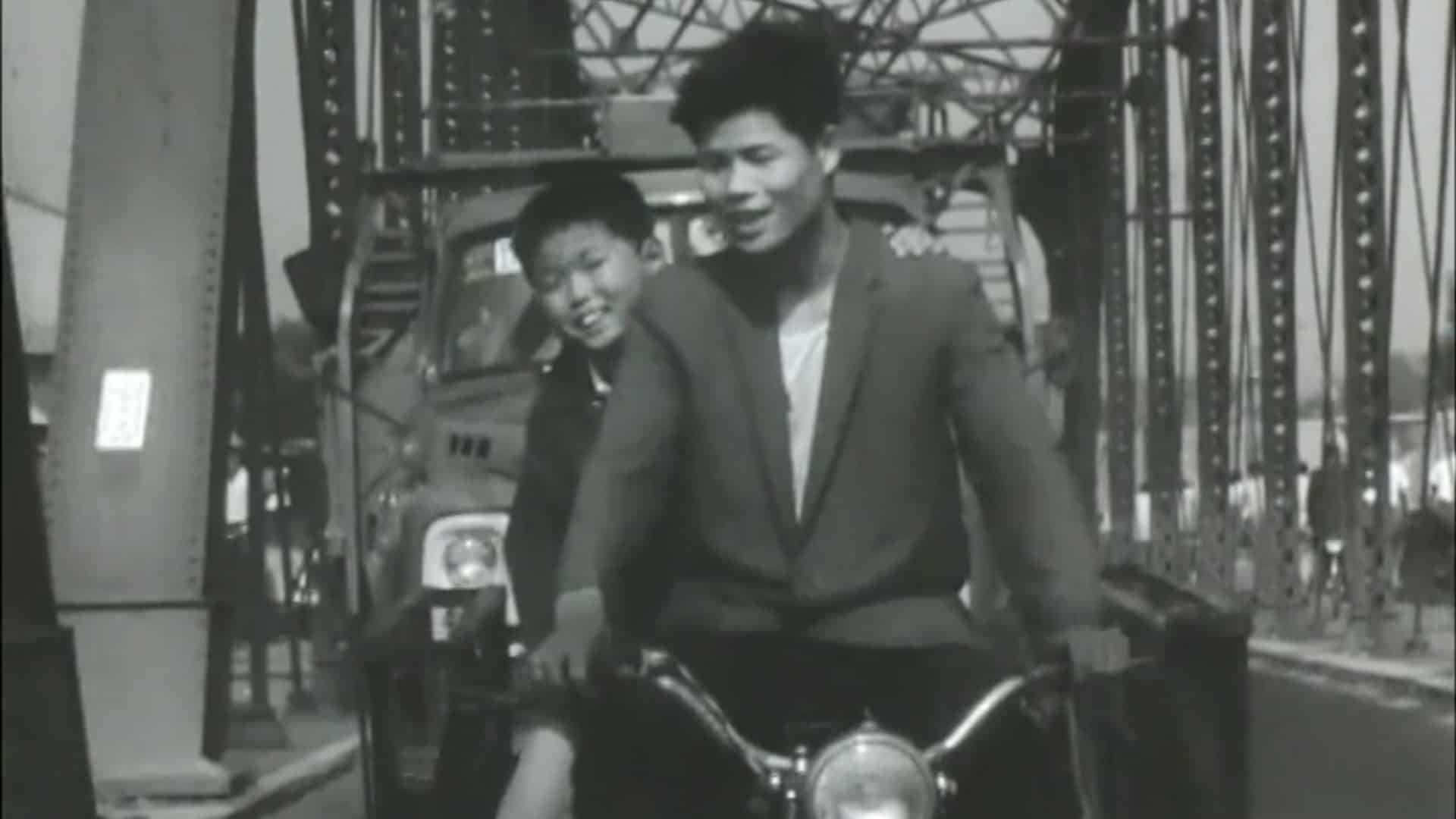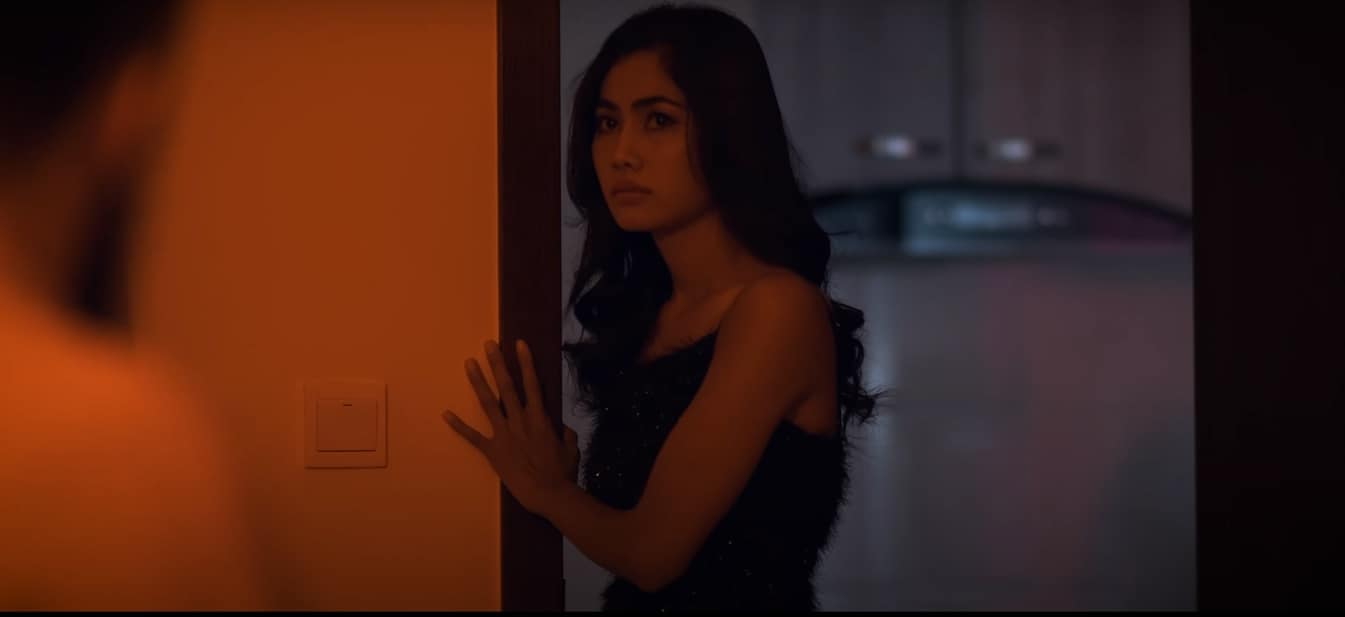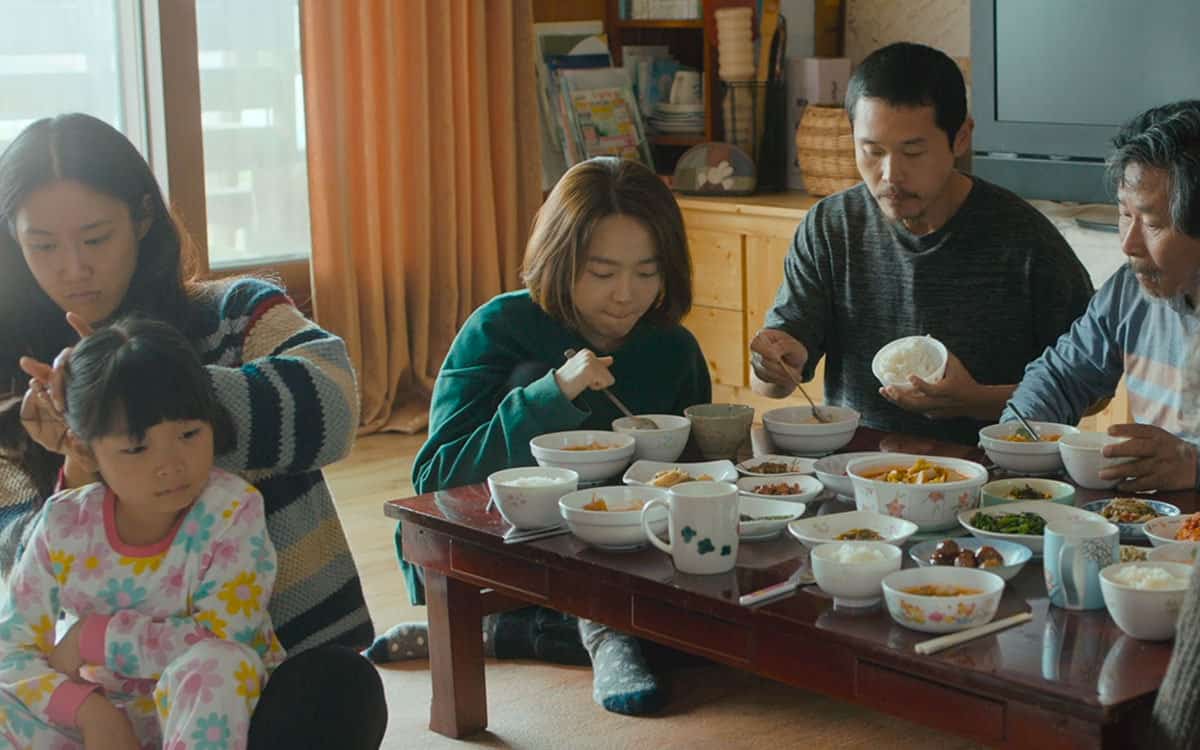An adaptation of 2011 S. Korean film, “Sunny” which came to be the second highest grossing Korean film that year, “Go Go Sisters” was equally successful in Vietnam, by adapting the original's story to a local setting, from the days leading up to the events of the Fall of Saigon, to the lives of the six protagonists as middle-aged women in present day Ho Chi Minh City.
“Go Go Sisters” is screening at San Diego Asian Film Festival (SDAFF)

In that fashion, the film begins with Hieu Phong, a middle-aged woman, who used to be the
newcomer in a high school gang called the White Horses, finding out that the former leader of the gang, My Dung, is on a dire situation due to cancer. Hieu Phong decides to bring the old gang together. One of the members (who was and still is obese) runs a pawn shop and soon sends her “minions” to find the rest of the gang. Eventually, they discover one (the one who cursed a lot) who is a rich “sugar-mama” to a young boy, but the search for the class's beauty proves more difficult, and quite shocking upon its completion
Amidst this story, the film draws a parallel with the girls' story during their high school days (through extensive flashbacks) when the fights with another gang and among themselves, school romance and much joking, dancing and singing, were an everyday thing.

Nguyen Quang-dung takes a delightful approach to the film, filling it with different but quite captivating characters, whose chemistry, on both timelines, is more than impressive. Eventually, the past arc takes over, with the adventures of the girls presented through a combination of drama and comedy, which maintains, though, a happy-go-lucky atmosphere at all times, apart from a few scenes, as the attack in the classroom, whose impact, in that fashion, becomes even more intense. This style, of presenting situations that could be easily described as dire, in a rather cheerful light, finds its apogee in the scene with a demonstration in the street that ends up in violence with the police, probably one of the best sequences in the film, and one of the most indicative of the general style.
This approach is heightened even more but the use of music, which comprises of modern covers of classic songs from the 1970's era, new ones, and some old classics like “Singing in the Rain”. The various genres, which include rock, pop and electronic sounds, fit each scene to perfection, adding to its aesthetics, with the film even functioning as a musical a number of times. This tactic finds its apogee in the various sequences the girls are dancing, but particularly the one in the finale.
Diep The Vinh's cinematography fills the screen with colors, as he follows the girls' actions quite closely, and with some great effort in the framing. Vu Khac Tuan's editing induces the film with a very fast pace that suits its music video aesthetics quite nicely, while adding to the overall entertainment the movie offers. Furthermore, the presentation of both eras is accurate, with Nguyen taking care of every small detail, including clothes, hairstyle etc.

The two actresses playing Hieu Phong in the different timelines are the ones that stand out from the cast, with Hoang Yen Chibi as the young one highlighting her country-bumpkin nature in delightful fashion and Hong Anh as the elder, a strong, independent woman in a quite convincing way. Tuyen Map as the pawn shop owner is also great in a role-catalyst, with her persona being the main source of comedy in the “present” arc.
Music, dancing, laughter, drama, coming-of-age, and a permeating sense of nostalgia deem “Go Go Sisters” a delightful spectacle, highly recommended for an evening full of entertainment.


